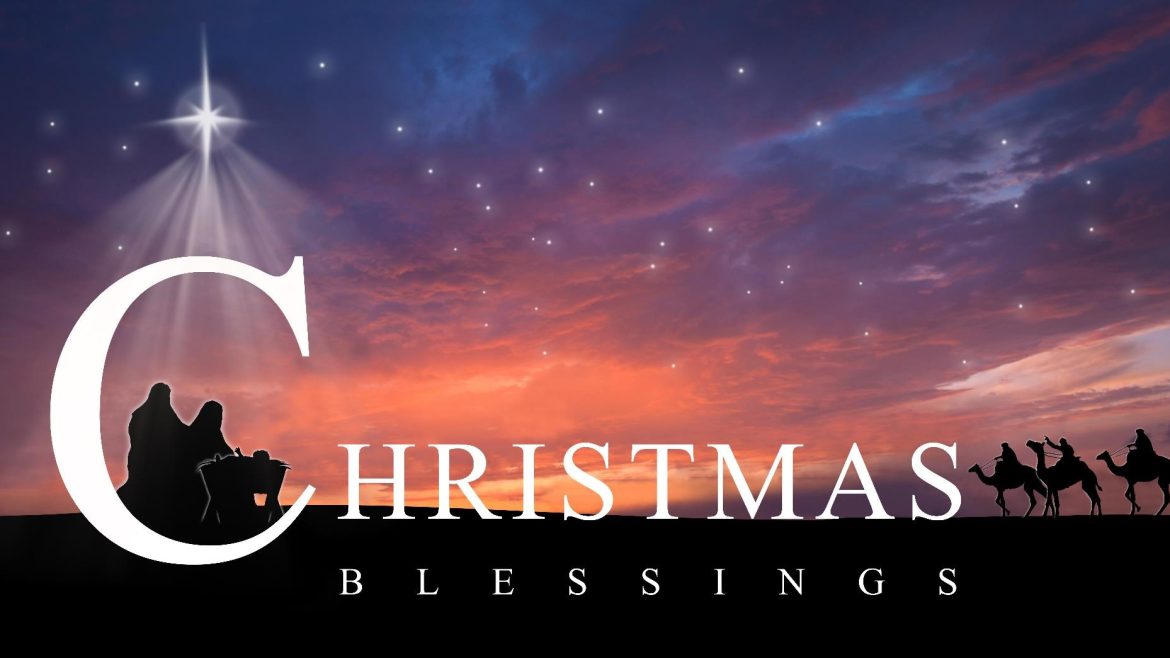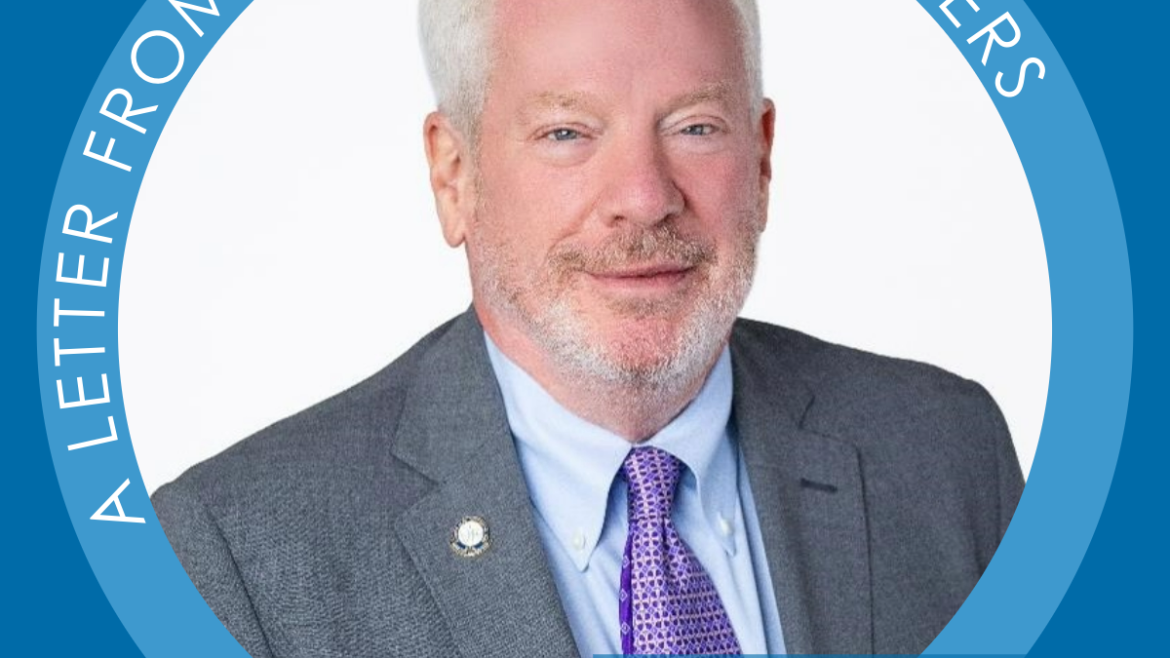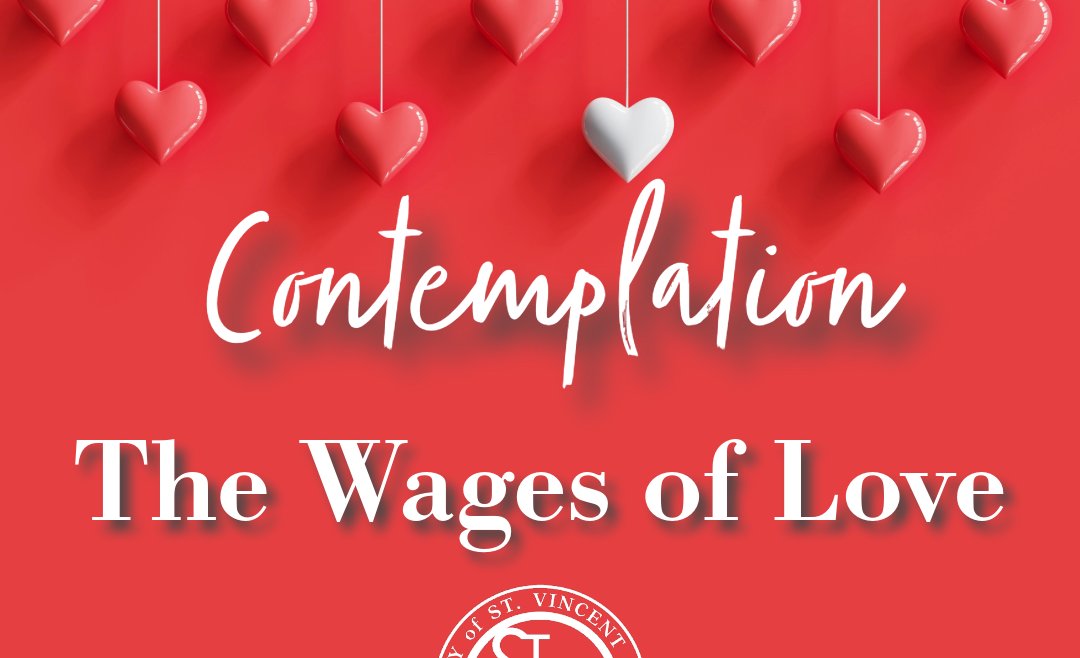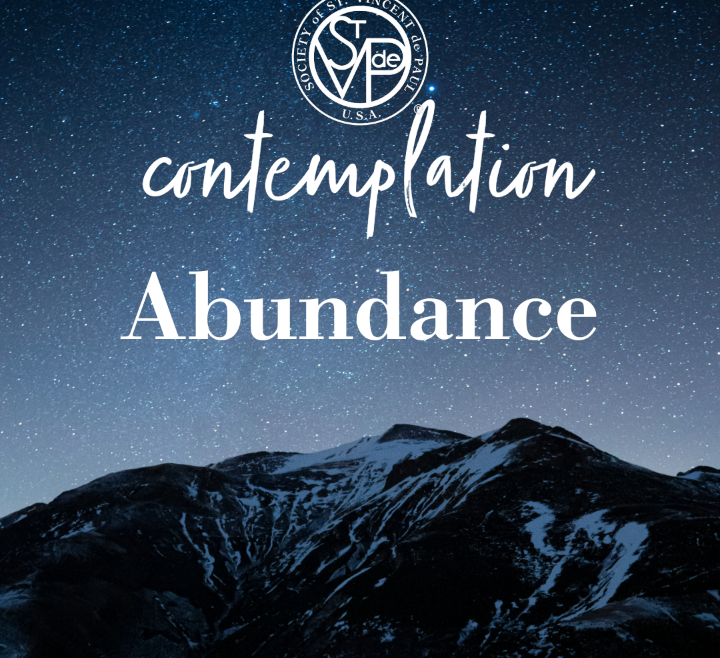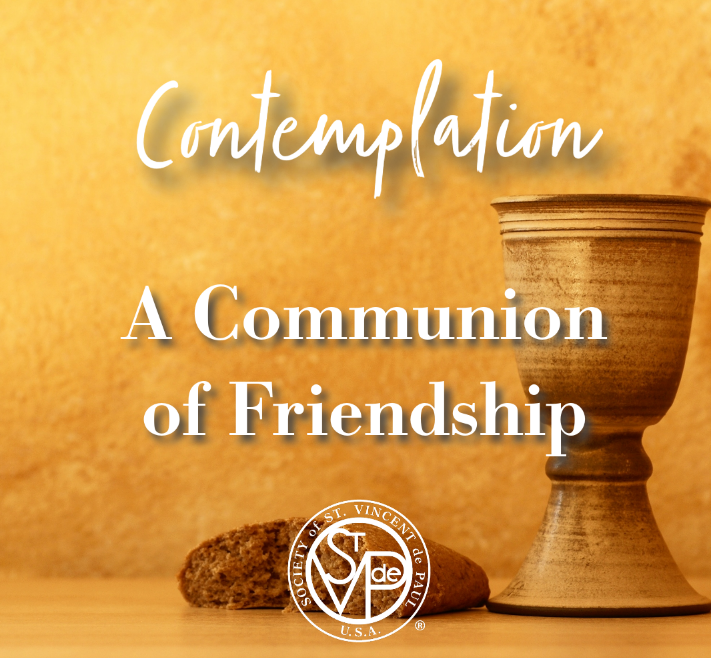In the course of the works of a busy Conference, we often become overwhelmed. The needs are many, and often are greater than our resources enable us to alleviate. We no sooner complete one Home Visit than the phone rings again. It can be exhausting, and even discouraging, if we measure our works the way they are measured by social service agencies or philanthropic societies. We may begin to question whether we are really helping the neighbor at all.
This feeling can lead us to a crossroads where we must choose: do we seek “efficiency” by trying to divvy up the resources as widely as possible, substituting phone calls for Home Visits, or asking the neighbor to come to us instead of we to them? Do we stop meeting, because our “business” can be conducted by phone or email? Or do we pause to reflect that these are the same questions that led to the Society’s founding and defined its purpose; the perpetual questions raised in the minds of members for nearly 200 years? Do we choose to recommit ourselves to the true good that we are called to do?
The introduction to the first edition of the Rule, written in 1835, assures us that “we must never be ashamed on the smallness of our alms.” Indeed, shortage of funds for “considerable works of charity” is, it said “one of the conditions of our existence.” [Rule, 1835] Our works and the good that we do have never been measured by the amount of money we can offer, or by the number of problems that we “fix.”
In founding the Society, Frédéric and his friends were challenged to show the good of the church in the modern world. Their challengers were quite convinced that they had better answers to poverty and the social question. What they could not see, but Frédéric could, was that the true good of the church, the message of Christ’s incarnation, is not that we are promised material abundance, but that we are promised eternal life by a God who loves us so much, He sent us His only Son. Bringing ourselves closer to eternal life and His love to the poor, is the good that God calls us to do.
Our Conference meetings are not business meetings. They are opportunities to share in prayer and reflection the ways in which we have grown closer to God, and the ways in which we have encountered Christ in our works. To the critics of his own time who accused the Society of not doing enough, Frédéric replied that they were only repeating the challenge the Saint Simonians had posed 15 years earlier. [Baunard, 279-280] But the measurement of achievement only in material terms will always lead to disappointment. The poor, we are taught, will always be with us – not as burden, but as a challenge, a measure not of our alms, but of our love.
The good that we do is not in our works, but in our charity – our love of God and neighbor.
Contemplate
How often do I pause to reflect on the presence of Christ in my Vincentian encounters?
Recommended Reading
What Good Have I Done – a poem that asks and answers the question


